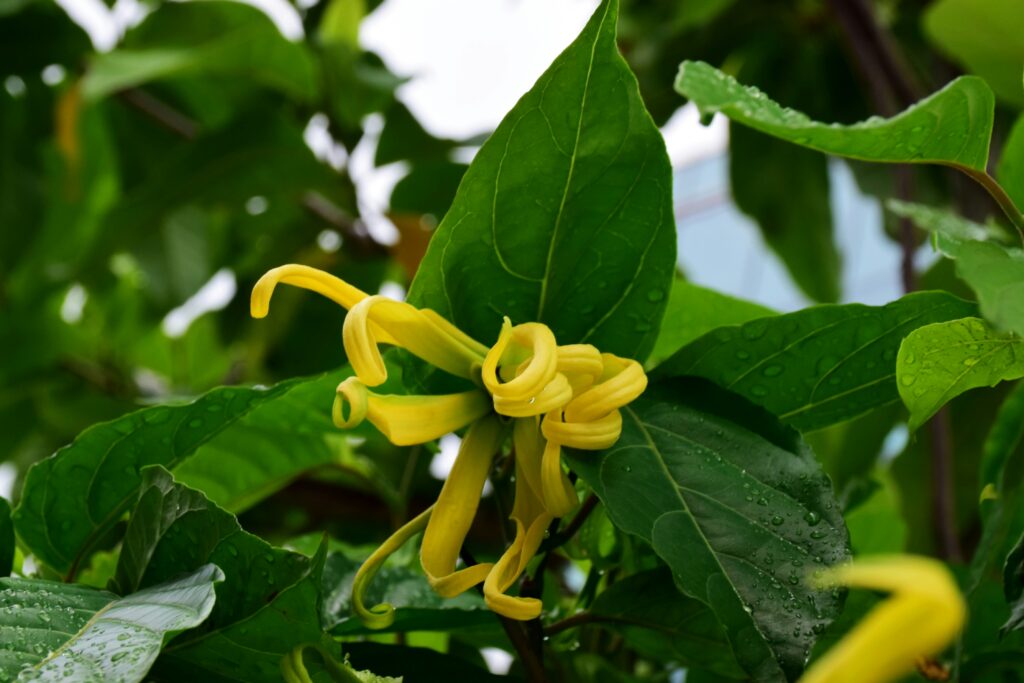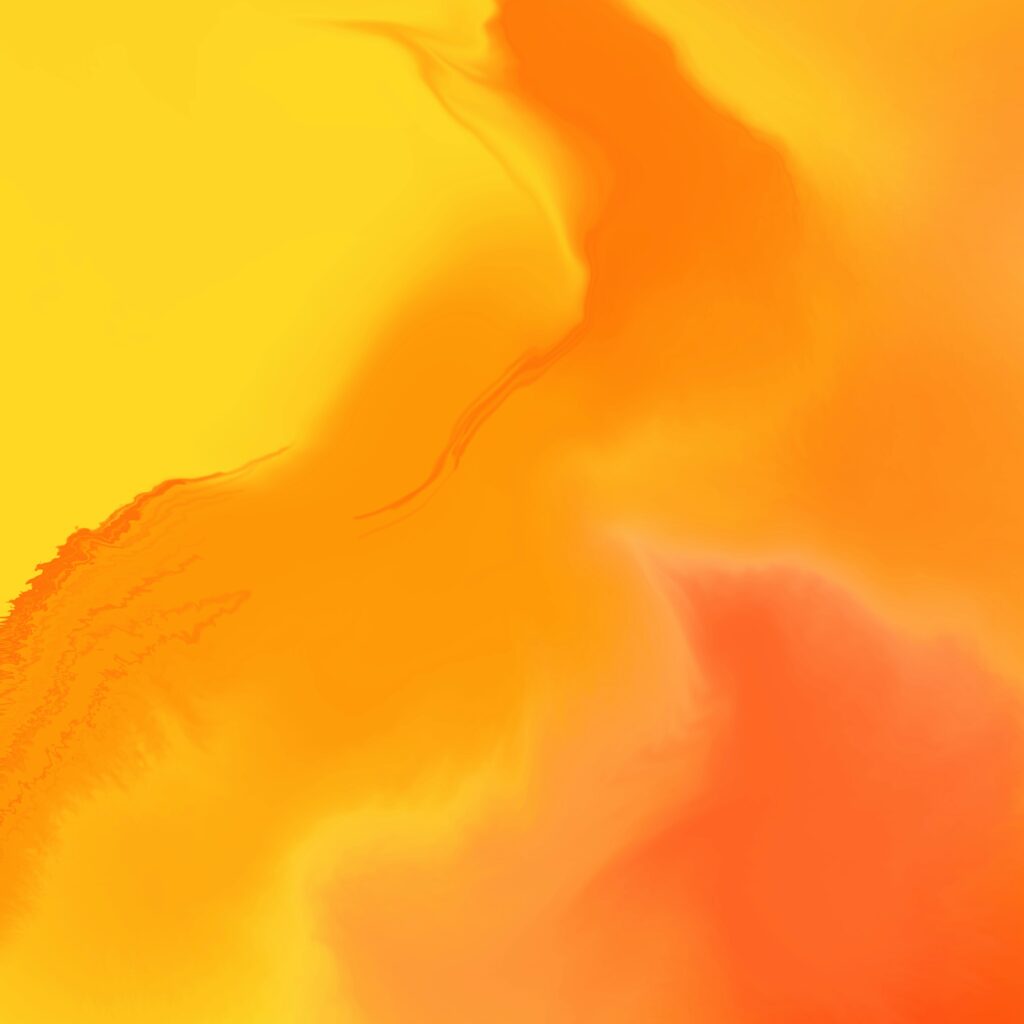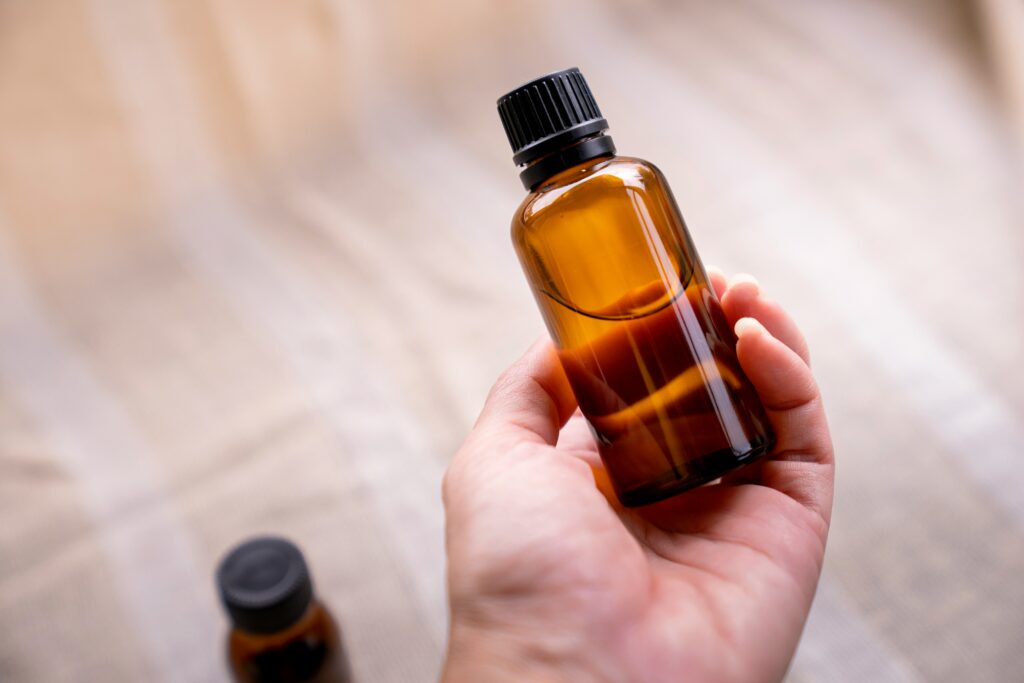I first got interested in the Enneagram in 2013, when one of my mentors retired and left his professional notes with me. Much of what he was studying was the Enneagram and how to implement it in mental health practice. As I looked into his notes, I became interested in the Enneagram because, as a mental health therapist, I didn’t like the stigma around the term “personality disorders”. While there is value in diagnostics, if we can pinpoint the issue, we can better treat it. The stigma attached to having a personality disorder was inherent in the mental health environment. Personality disorders are indeed difficult to treat because they involve well-established behaviors that can be integral to a client’s self-image (Millon, 2011). Personality disorders are seen as at worst incurable and at best, difficult to treat.
So, I looked for another way to view my clients, which took away the stigma, allowed for a more positive framing of the client, and enhanced the therapeutic relationship. Instead of trying to help clients change those well-established behaviors that are intertwined with their self image, we can look at which attributes of their personality serve them well and contribute to a positive self-image and frame the less desired attributes as something worth changing.
For more information on the implementation of the Enneagram in my practice, see this article:
https://urbantreehouseqc.org/what-is-an-enneagram/.
Besides the attribute of less stigma, the Enneagram also seemed more holistic than a lot of approaches. As an advocate of holistic wellness (I wrote my PhD dissertation on the benefits of employee wellness in productivity:
https://www.coursehero.com/file/24654310/Reference-5-Exploring-the-relationship-Sommers-Krausepdf/)
I looked to integrate a holistic approach more and more into my practice.
In 2020, our family started Urban Treehouse QC which gave us a focus during the pandemic. We wanted to offer ideas on creativity and mental health and got creative ourselves. I started making soaps and Carson started making t-shirts and other wearables like his Whale Watch hats. When Urban Treehouse QC started offering products at our local artisan markets, we developed aromatherapy soaps which provide a therapeutic value in their fragrance.
Aromatherapy has been used for centuries, with contributions from ancient Egypt, China, Greece, Rome, and India. Hippocrates was notable for helping to spread knowledge about the beneficial effects of aromatic plants and herbs on health and wellness.
In clinical or medical practice, aromatherapy is used to treat many ailments, such as pain, nausea, anxiety, depression, stress, and insomnia. It is beneficial for preoperative anxiety, oncology, palliative care, hospice, and end of life.
According to Cleveland Clinic:
“Aromatherapy is the use of essential oils to improve your health or well-being. You may apply essential oils (properly diluted) to your skin through techniques like massage. Or, you may choose to inhale the aroma by creating a facial steam or using an essential oil diffuser. Possible benefits include reduced anxiety and improved sleep quality.”
https://my.clevelandclinic.org/health/treatments/aromatherapy
As I was studying the Enneagram and beginning to use it in my therapy practice, I started to notice Enneagram qualities in the people around me. My sister seemed to me to have Enneagram One qualities. She is principled, responsible, conscientious, and cares about her community. Enneagram Ones are “The Reformers”. Not only are they principled, responsible, and conscientious, they are rational and self controlled.
She loves our aromatherapy soap that uses the essential oil of “ylang ylang”.

Ylang ylang plant used for aromatherapy products
Enneagram Ones are known to find the scents of ylang ylang or frankincense pleasing.
For example, Enneagram Ones want to soften their approach to people in their lives. Enneagram Ones also have a knack for seeing how things will play out and the most effective and efficient way to get there. The problem with this “knowing” is that they can become frustrated with others around them who don’t see the path as clearly as they do. An aromatherapy scent that can inspire while still bringing calm is ylang ylang.
See a list of benefits here:
After noticing the qualities of my sister, I started using a more holistic approach in my therapy practice. If I knew a client’s Enneagram type, I might be able to suggest other therapeutic fragrances.
Working with a client who is an Enneagram Five for example, I suggested that if she wanted to use a soap or essential oil product, she might try patchouli. She lit up and referenced her “happy hippy” days when she loved to use patchouli incense.
Coincidence? Maybe. But why not suggest something that may be helpful?
Then there’s myself, an Enneagram Nine. I already knew I loved orange soap products. It’s my favorite color and my favorite scent. It was really cool to find out that the orange fragrance is a great match for Enneagram Nines, who are known as the peacekeepers.

Orange is compatible with the Enneagram Nine
Peacekeepers are receptive, reassuring, agreeable, and cooperative. While these are positive qualities, an Enneagram Nine can get overstimulated, depressed, and low on energy. The aromatherapy benefits of the orange essential oil are to calm while improving mood and enhancing energy.
Enter the Luxus line Urban Treehouse QC would develop over the next four years. Luxus stands for luxurious and luscious. And Carson developed the logo. Learn more about that here:
After studying each Enneagram type and the common challenges with each type, I found an aromatherapy scent, for each type, that would help them feel better mentally.
For my client who is an Enneagram Five “the Investigator”, patchouli is a good aromatherapy scent because it can energize you while being calming as well.
Our List
Below is a list of each Enneagram type and the fragrance that helps them with aspects of their type they may need help with:
Enneagram One: The Reformer: Ylang ylang to soften, relax and boost mood.
Enneagram Two: The Helper: Lavender for calm and relaxation which helps them receive as well as give.
Enneagram Three: The Achiever: Palo Santo for stress reduction, relaxation and calm so they can find value in who they are instead of what they do.
Enneagram Four: The Individualist: Grapefruit balances mood and relieves stress so they can find contentment in a uniqueness not based on separateness.
Enneagram Five: The Investigator: Patchouli enhances energy while bringing calm so they can not only be present in the moment, but experience joy within moments.
Enneagram Six: The Loyalist: Sandalwood to find ease and focus to let go of fears and move toward more fulfilling experiences.
Enneagram Seven: The Enthusiast: Lemongrass to boost mood and relieve anxiety so they can experience the fullness of life with consciousness and focus.
Enneagram Eight: The Challenger: Rosemary Mint which brings inspiration and peace to help them embrace their power, as they come to each moment without prejudice or agenda which helps them be present and enjoy the moments.
Enneagram Nine: The Peacemaker: Orange to help with motivation and boost mood which helps them take the self into account.
As I continue to explore aspects of the Enneagram with my clients, I will continue to explore aromatherapy fragrances that may be beneficial to them. This brings a more holistic approach to my practice. This will provide my clients with even more tools to use to help them feel better.
Our Luxus Aromatherapy Soap is available at local artisan markets and will soon be available in our shop online at www.urbantreeshousqc.org.
See you soon!
Dr. Debbie
